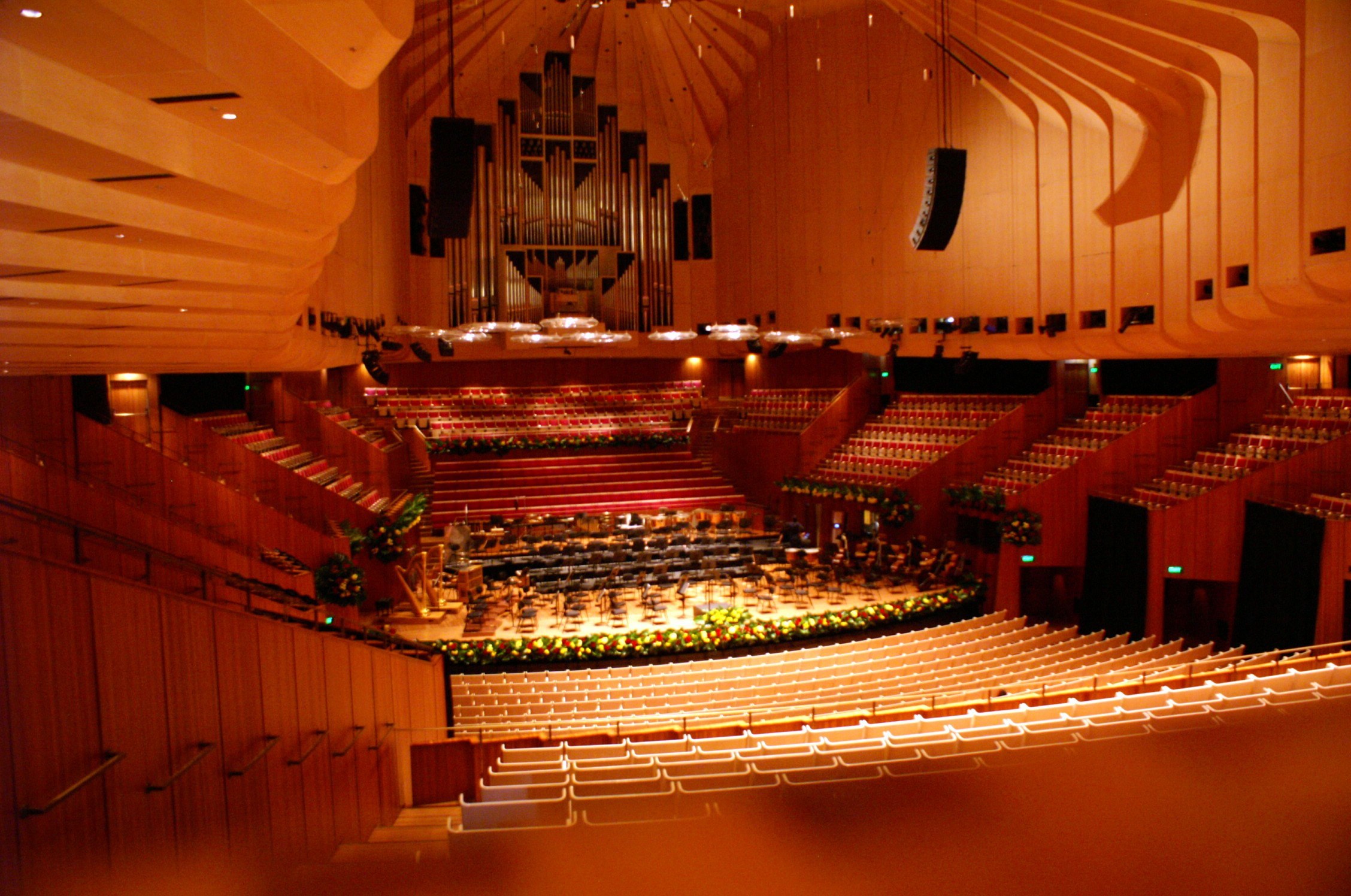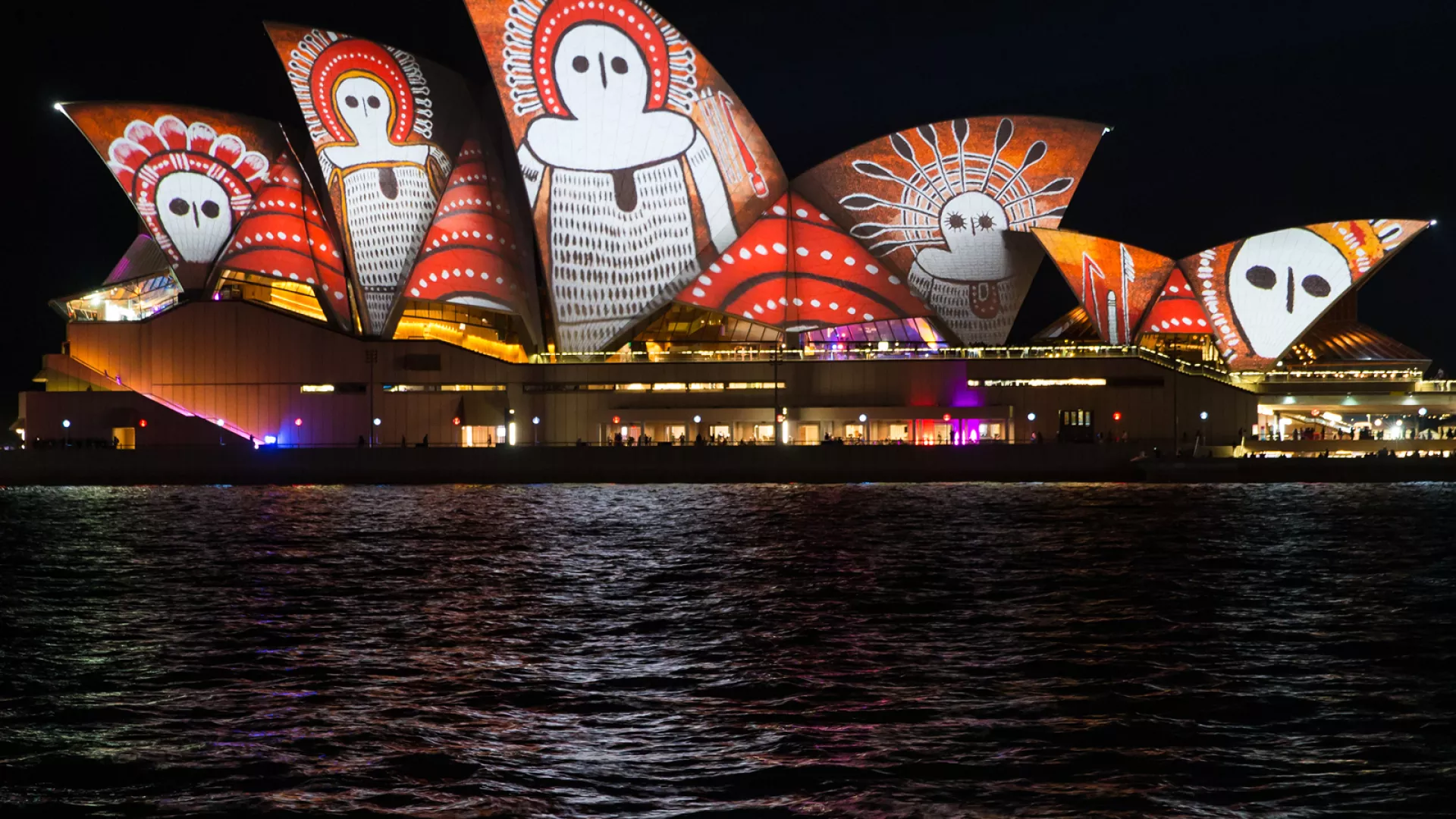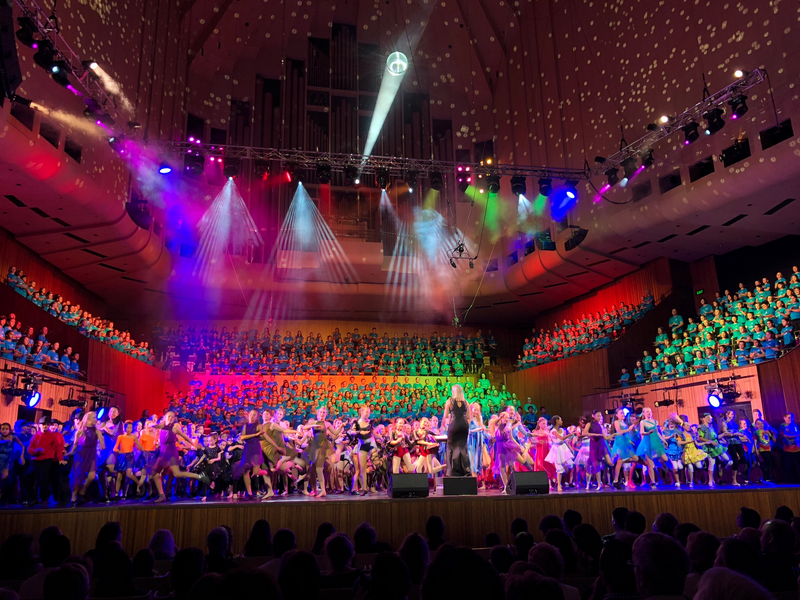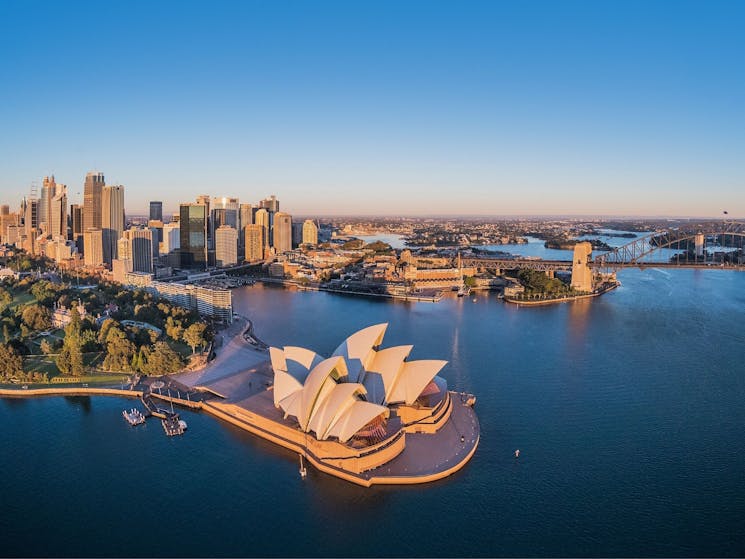Welcome to the Sydney Opera House!


The Sydney Opera House is one of the most visited sights in the world. It is located in Sydney and attracts several million visitors every year. But what sets this opera house apart from others? Why is it so special? When I was looking for a topic for an English presentation that had something to do with Australia, I came across the Sydney Opera House and decided to introduce it. Therefore, the topic of this website is the Sydney Opera House.



The Sydney Opera House is not only an architectural masterpiece but also a symbol of Australia's cultural identity. Its history is marked by innovation, controversy, and eventual recognition as a UNESCO World Heritage Site. The design, characterized by its iconic shell-like roof, was conceived by the Danish architect Jørn Utzon, who won an international competition in 1957. Despite facing numerous challenges during construction, including budget overruns and political disputes, the opera house was officially opened on October 20, 1973, by Queen Elizabeth II. Today, it stands as a testament to modern architecture and continues to host a wide range of performances and events. The most important points in the history of the Opera House are vividly illustrated on this timeline:
Eugene Goossens, the Director of the New South Wales State Conservatorium of Music, lobbied for a suitable venue for large theatrical productions because the Sydney Town Hall was too small
Goossens wins support from New South Wales Premier Joseph Cahill; Bennelog Point is chosen as the site of the Sydney Opera House
Joseph Cahill launches design competition on 13th September 1955
→ 233 entries from 32 countries
→ prize of 5,000 AUD
And the winner is ...
The danish architect Jørn Utzon wins the design competition with his shell-like roof design (look also "Architecture"").
 Jørn Utzon and a model of his spherical soloution
Jørn Utzon and a model of his spherical soloution
Laying of the foundation stone
→ The first stone is laid by the Governor of New South Wales, Sir Roden Cutler
Building process in four stages:
→ Stage 1: Planning and construction of the podium
→ Stage 2: Construction of the roof shells
→ Stage 3: Construction of the interior spaces
 Sydney Opera House under construction
Sydney Opera House under construction
Jørn Utzon resigns as chief architect due to political disputes and budget overruns
→ Peter Hall takes over as chief architect
→ The design is modified to reduce costs and simplify the construction
Multiple performances before official opening (see also "Specialties")
Official opening of the Sydney Opera House on 20th October by Queen Elizabeth II
→ over 2,000 guests at the opening ceremony
 Opening ceremony of the Sydney Opera House
Opening ceremony of the Sydney Opera House
20th anniversary
→ Constantine Koukias composed a large-scale music theatre piece called "Icon"
Olympic Summer games in Sydney
→ The Sydney Opera House is the centerpoint for the triathlon
Tiles of the Sydney Opera House are installed on the fassade of the Tribune Tower in Chicago

(https://upload.wikimedia.org/wikipedia/commons/thumb/9/97/Tribune_Tower_02.JPG/2560px-Tribune_Tower_02.JPG last opened: 09th June 2025)
The Sydney Opera House is added to the UNESCO World Heritage List
Renovations as part of the 40th anniversary of the Sydney Opera house
→ improved access, amenity and safety, strengthened capacity and dramatically enhanced performance spaces
→ largest series of capital works in five decades
Today, the Sydney Opera House is one of the most famous buildings in the world and a UNESCO World Heritage Site. It is a masterpiece of 20th century architecture and represents Australia's diverse art, culture and music.
 Lighting the Sails of the Sydney Opera House
Lighting the Sails of the Sydney Opera House  Performance at the Sydney Opera House
Performance at the Sydney Opera House 
The architecture of the Sydney Opera House is unique. Jørn Utzon's shell-like architecture is based on geometric figures derived from patterns that are created when a sphere is unfolded. The shape is therefore also known as the spherical solution (watch: https://www.youtube.com/watch?v=U2C3SAN8224). The large concert hall and the Joan Sutherland Theatre each consist of four "sails", while the small adjacent building with the Bennelog Restaurant consists of two sails. Computer programs for structural analysis were used for the design of the sails and the struts that hold them up. The very complex shape of the sails consists of concrete struts and outer surfaces covered with 1,056,006 tiles. It can be said that the Sydney Opera House is an architectural masterpiece that combines functionality with aesthetic beauty.

 Left: Sydney Opera House integrated in Sydney Harbour (the link was too long → please check the adress bar on your device last opened: 09th June 2025)
Left: Sydney Opera House integrated in Sydney Harbour (the link was too long → please check the adress bar on your device last opened: 09th June 2025)
 Right: Lighting the Sails of the Sydney Opera House (the link was too long too → please check the adress bar on your device last opened: 09th June 2025)
Right: Lighting the Sails of the Sydney Opera House (the link was too long too → please check the adress bar on your device last opened: 09th June 2025)
The Sydney Opera House hosts a wide range of events, including concerts, operas, ballets, theater productions, and festivals. It is home to the Sydney Symphony Orchestra, Opera Australia, and the Sydney Theatre Company. The venue also hosts international artists and performers from various genres. You can find an overview of current events here.
The official website of the Sydney Opera House provides comprehensive information about the venue, its history, architecture, events, and visitor services. You can find it at www.sydneyoperahouse.com.